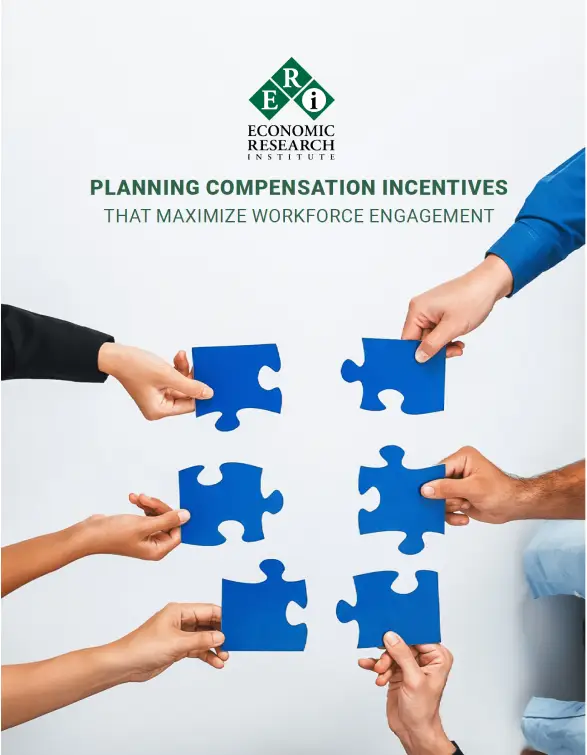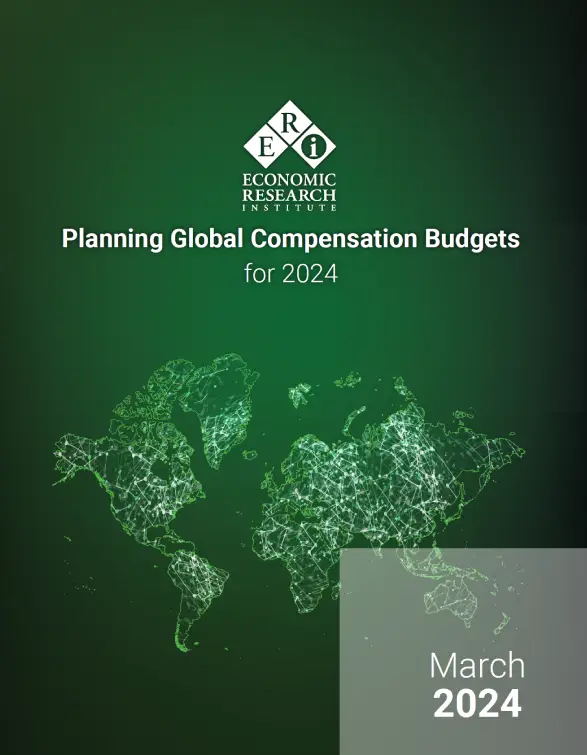Additional Dodd Frank rules related to executive compensation will likely be approved before the end of 2011. One of the rules is disclosure of compensation consultant independence. The rule will likely require disclosing answers to the following questions:
- Did the compensation committee retain a compensation consultant?
- Was a risk assessment conducted to determine if there is a conflict of interest with the work performed by the compensation consultant?
- What was the outcome of the assessment, and how were any identified risks addressed/mitigated?
This rule is similar to the legislation enacted in 2000 regarding independence of auditing firms and the non-audit services they provide which may impair independence. A similar thought process will be needed to demonstrate independence by reviewing and disclosing the following:
- Other services provided by the compensation consultant’s employer
- Compensation consultant’s ownership of stock of the company
- Relationship between the consultant and a member of the compensation committee
- Policies/procedures of consultant’s employer designed to prevent conflicts of interest
- Fees paid to the compensation consultant’s employer as a % of employer’s total revenues
Executive compensation consulting firms typically offer supplemental services which may compromise independence and create potential conflicts of interest. Figuring out how independence should be addressed may require prohibiting other services to be provided by the consulting firm. A common practice used by some organizations to diffuse the independence concerns is to not use a compensation consultant every year but rather every two or three years, allowing for some trending for the new plans and pay programs. Another solution is to define a process establishing “arms length distance” for services received or rendered by the consulting firm or client organization to ensure no conflict of interest. Some supplemental services that may impinge on the consulting firm’s independence are:
- Market pay survey databases and related salary administration services
- Non-qualified deferred compensation consulting
- Actuarial and valuation services
- Insurance brokerage and investment advisory services
- Tax financial planning and/or investment advisory services
- Human resource outsourcing services
- Executive search and individual executive advisory services
To further illuminate this independence concern, there was a recent study, “Compensation Consultant Independence and CEO Pay,” published January 2011 suggesting that compensation consultants that also provide “other services” positively correlated to compensation consultant recommending higher executive compensation pay levels. (For additional information, use this link and click on “one-click” download: http://papers.ssrn.com/sol3/papers.cfm?abstract_id=1735506).
An outgrowth of this independence requirement is the increased use of “boutique” executive compensation consulting firms that do not “sponsor” executive compensation surveys/data and exclusively use third party surveys. Many of the principals of these boutique firms are former executives of the global HR Consulting firm that offer services in executive compensation:



